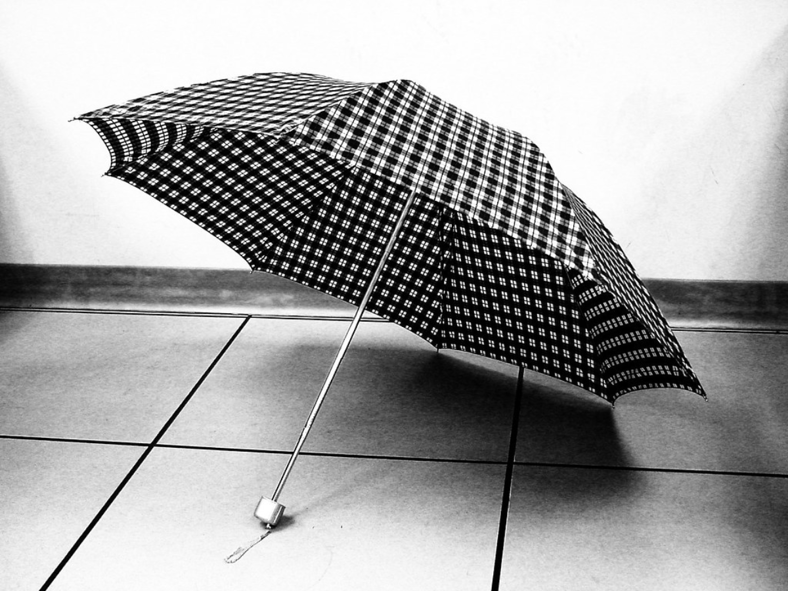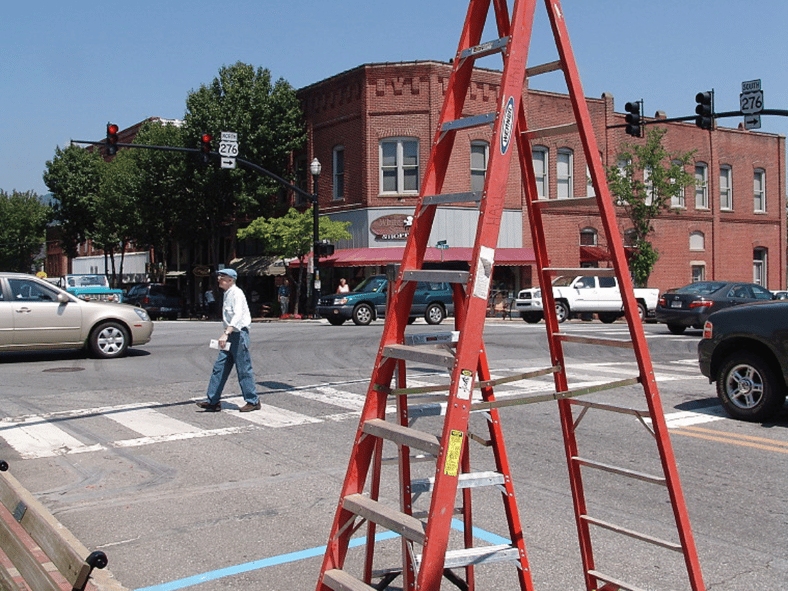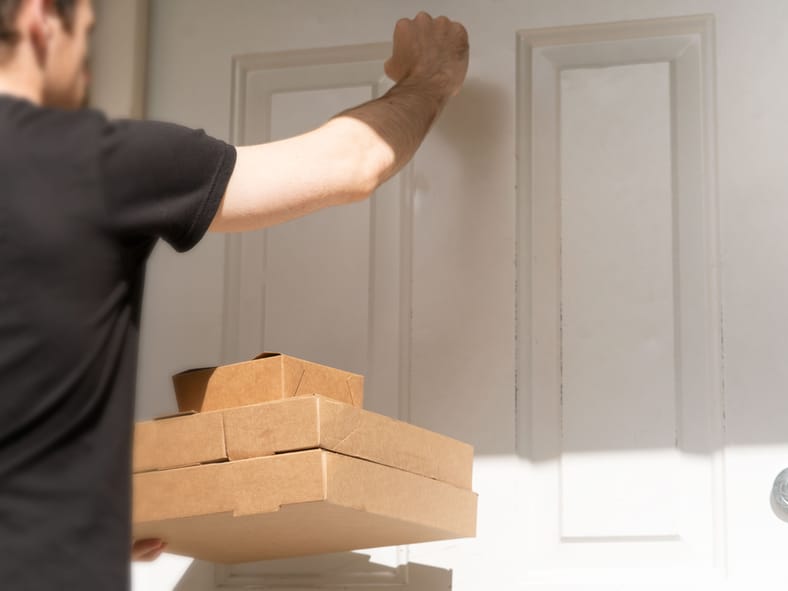
We all have superstitions, whether that be odd little rituals, gut reactions, or beliefs passed down from family or culture. But have you ever stopped to ask why we knock on wood or avoid walking under ladders? The origins of everyday superstitions are often stranger than the beliefs themselves, rooted in ancient fears, religious traditions, or historical misunderstandings. Some were meant to ward off evil spirits, while others started as jokes or cautionary tales. Here are seven superstitions you probably follow (even if you don’t believe in them) and the surprising stories behind them.
7. The Number 13 Is Unlucky

Triskaidekaphobia, also known as the fear of the number 13, has deep historical roots. In Norse mythology, Loki was the 13th guest at a dinner that led to a god’s death. In Christianity, Judas was the 13th guest at the Last Supper. The superstition grew strong enough that many buildings skip the 13th floor entirely. Despite its shaky logic, the fear of 13 continues to affect architecture, travel, and even Friday the 13th horror films.
Related: Strange Laws From the Wild West That Actually Existed
6. Throwing Salt Over Your Left Shoulder

Spilling salt has been considered bad luck for centuries, likely because salt was once rare and valuable. To “cancel out” the bad luck, you were supposed to toss a pinch over your left shoulder. Why the left? That’s where the devil was said to lurk, so flinging salt in his face was a way to ward him off. This mix of superstition and symbolism makes it one of the most theatrical origins of everyday superstitions still practiced today.
Check out: Real-Life Soldiers Who Inspired Hollywood War Movies
5. Opening an Umbrella Indoors

Victorians loved their umbrellas, but they were often spring-loaded and prone to snapping open dramatically. Opening one indoors was dangerous, as it could break fragile objects or injure people in tight spaces. Over time, this safety concern evolved into a full-blown superstition. Some also link it to ancient Egyptians, who saw umbrellas as protective from divine light. Using them indoors, where such protection wasn’t needed, was considered offensive to the gods.
4. Walking Under Ladders Is Bad Luck

This one has both practical and mystical origins. In ancient Egypt, the triangle was a sacred symbol, and a ladder leaning against a wall formed a triangle shape. Walking through it was seen as breaking the divine symbol, thus inviting misfortune. On a more practical level, it’s also just dangerous, as things can fall from ladders, or they can topple over. So whether you’re avoiding spirits or tools, this is one of the more sensible origins of everyday superstitions.
Also read: Uncommon Religious Relics and Their Legends
3. Breaking a Mirror Brings Seven Years of Bad Luck

This superstition comes from the idea that a mirror reflects not just your appearance, but your soul. Ancient Romans believed that life renewed every seven years, so if your soul was “damaged” by a broken reflection, it would take seven years to heal. That mix of spiritual belief and pseudo-science gave us the idea that shattering a mirror curses you for nearly a decade.
Check out: Strange Funeral Customs from the 18th Century You Won’t Believe Existed
2. Black Cats Are Bad Luck

The belief that black cats bring misfortune has roots in medieval Europe, where they were associated with witches. During the witch hunts, black cats were thought to be witches in disguise. In some places, even owning a black cat was enough to raise suspicion. While many cultures saw black cats as lucky, the negative stigma endured in the West, making this one of the darker everyday superstitions.
Also read: The Weirdest Victorian Era Gadgets Ever Invented
1. Knocking on Wood

Knocking on wood is one of the most common habits people use to “avoid jinxing” themselves. But where did this superstition come from? The origin is believed to stem from ancient pagan cultures, like the Celts, who thought spirits and gods lived inside trees. By knocking on wood, they hoped to summon protection or thank the spirits. Over time, the ritual stuck, and now, many of us instinctively knock to “keep luck on our side.” This is one of the most widely followed origins of everyday superstitions across cultures.
